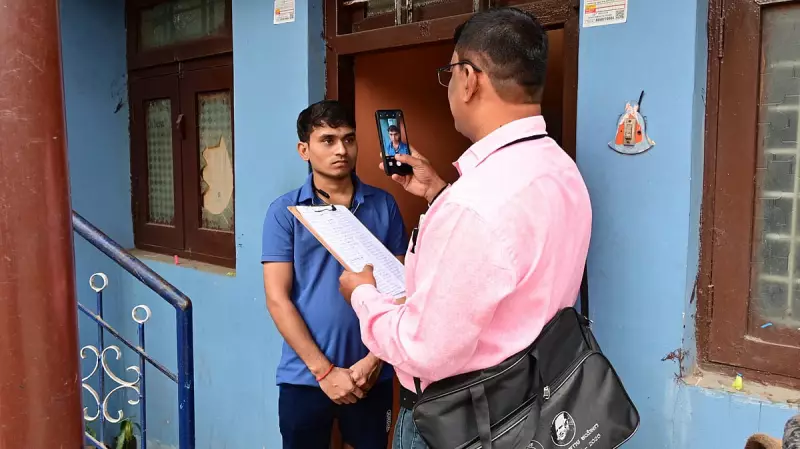
Thousands of enumerators involved in Karnataka's ambitious caste survey are expressing deep dissatisfaction as their promised payments have been effectively reduced by half, creating significant unrest among the workforce responsible for this massive data collection exercise.
Payment Structure Sparks Outrage
The Karnataka government, through the Backward Classes Welfare Department, had initially promised enumerators a payment of ₹4,000 per day for their work on the comprehensive caste census. However, field workers now report receiving only ₹2,000 per day, effectively cutting their compensation by 50% from what was originally communicated.
This substantial reduction has affected approximately 1.60 lakh enumerators across the state who have been diligently working on the survey since its launch on April 29. The enumerators include government employees, teachers, and temporary staff who have been visiting households across Karnataka's rural and urban areas to collect detailed caste and socio-economic data.
Government Justification and Field Reality
According to government officials who spoke on condition of anonymity, the payment was always intended to be ₹2,000 per day, but confusion arose due to miscommunication during training sessions. However, enumerators on the ground strongly contest this version, insisting they were clearly promised the higher amount during their orientation programs.
The survey methodology requires each enumerator to visit 150 households to complete the detailed questionnaire. With the reduced payment, many enumerators argue the compensation fails to adequately reflect the extensive effort, time, and logistical challenges involved in covering such a large number of households across diverse geographical terrain.
An enumerator from Bengaluru Rural district revealed the practical difficulties: "We have to travel long distances between households, often in challenging weather conditions. The reduced payment barely covers our transportation costs, let alone compensating for the intensive work involved in collecting and verifying sensitive caste information."
Impact on Survey Quality and Morale
The payment dispute has raised concerns about the potential impact on data quality and collection efficiency. Many enumerators report declining morale and motivation as they feel their hard work is not being properly valued by the administration.
The Karnataka State Backward Classes Commission is overseeing the massive exercise, which aims to document the socio-economic status of all communities in the state. The survey covers a wide range of parameters including caste, education, occupation, income, and assets across approximately 1.3 crore households statewide.
Several enumerators have expressed that the payment reduction feels particularly unfair given the sensitive nature of the work and the detailed information they're required to collect. The questionnaire includes 55 questions for each household, requiring significant time and careful handling to ensure accurate data collection.
Broader Implications and Next Steps
This payment controversy emerges at a critical juncture in the survey process, with field work ongoing across multiple districts. The discontent among enumerators could potentially affect the pace and quality of data collection if not addressed promptly.
The Backward Classes Welfare Department faces the challenge of resolving this payment dispute while ensuring the survey maintains its scheduled timeline. The comprehensive caste census is considered crucial for evidence-based policy making and resource allocation for various communities in Karnataka.
As the situation develops, enumerators hope for a favorable resolution that acknowledges their substantial contribution to this important statewide initiative. Many continue their work despite the payment issues, recognizing the historical significance of the first major caste survey in Karnataka since 2015.
The successful completion of this survey depends heavily on the dedication and accuracy of these field enumerators, making their fair compensation not just a labor issue but a matter of data integrity and policy relevance for years to come.






